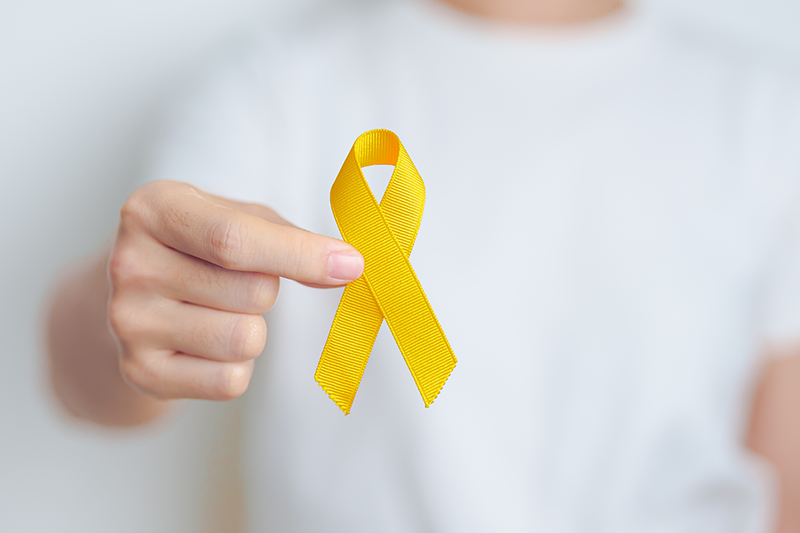The UK’s Worker Protection Act came into force last October; now is the time for all employers to act.
You know that feeling as stress begins to rise - your heart rate rises, perhaps your breathing gets faster and shallower, perhaps you start to shake a little, sweat, dry mouth, thoughts getting a bit confused or running away with themselves? It is stress - your body reacting to a perceived threat in the only way it knows how. You could ignore it (we often do) or you could take the view that it is just part and parcel of a busy, pressured life. Either of those options means you live with the stress, which will negatively impact your performance and your wellbeing, and over time increases the risk of major anxiety based problems. Trust me, I have been there. It is not pretty.
A third option is to recognise the stress you are feeling and challenge it head on - my body is telling me I am stressed/scared of something. What is it, why and do I need to be?
Much of our thinking is done unconsciously, and certainly that is the case for the thoughts that tend to prompt a stress reaction. There are a variety of common thinking traits that we all practice from time to time which are not rational and which are unhelpful - cognitive behavioural therapists call them negative automatic thoughts - NATs. Very often it is these that are causing us to have an unhelpful, and unnecessary, stress reaction.
In this short series of posts I will take a look at some of these NATs to help explain what is going on and how we can challenge the thinking and be kinder to ourselves.
So, the other day I was travelling to a meeting. It was the first piece of work I had done for this client, a longstanding client of the firm but one for whom we had not done much recently. I am running late. I begin to feel those tell tale signs - sweating, raised heart beat, inability to keep a focus on the issues to discuss at the meeting. I pause to try to understand what is happening in my head - what thoughts are running wild?
It was something like this. You should not be late. It is an important meeting. You knew that. Why did you let yourself be late? It is the first time you have worked with this client. They will be so angry at you being late, it will also be the last time. You have lost the opportunity to re-establish relations with this client. That is a cost to the whole business. Your colleagues will rightly despair of you. Your fault, your stupid fault.
I don't know how familiar that sort of reaction will be with others? It was also accompanied by exhortations to the tube driver to go faster (like that is going to happen) and me wanting to run from the station to the client office, which of course would do wonders for the sweating and heart beat.
I was catastrophising in a big way. I was jumping to worst case scenarios without any shred of evidence, and doing it unconsciously. There is no way I would think that way consciously, and there is no way I would talk to a friend or colleague that way. So what to do?
A kinder, fairer and more reasonable way to think about this scenario would be that it is unfortunate you are late - the reason you are late by the way is because other work issues ran over, not because you were lazy or deliberately delayed setting off. But people are late from time to time. People arrive late for meetings with you and you do not get angry with them. It is not the best way to start work with this client but it is unlikely to be fatal to the whole relationship. I did not try to pretend that being late was no issue at all - that would be unrealistic and not likely to defeat the catastrophising voice. Rather, I adopted a less dramatic way of thinking, more rational, more forgiving, and my brain was able to go with that and calm its stress reaction.
There was also a very practical thing I could and did do - I asked someone from my office to phone ahead to the person I was meeting to explain that I was running late and to apologise. When I emerged from the tube station I then had a text from my office to say the client was absolutely fine and not to worry at all.
Related Articles

Creating psychological and challenger safety: a practical guide

5 reasons workplaces should embrace neurodiversity, and learnings from Bahar Khorram vs Capgemini UK





